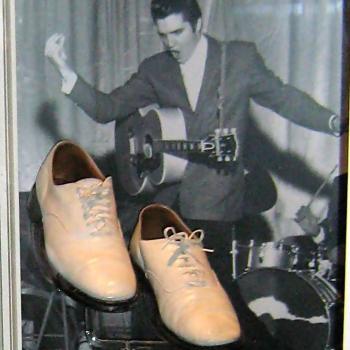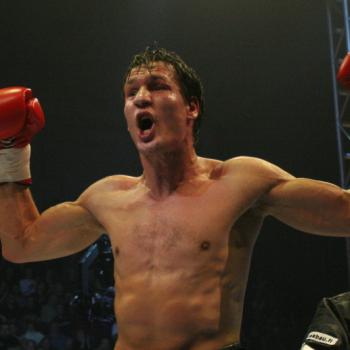at The Fix:
It’s hard to convey the sense of crisis felt by people using IV drugs and facing AIDS in the early ‘90s: In New York, at least half of needle users were already infected—at least 100,000 people—and there was no treatment, let alone cure or vaccine, in sight. The presence of death was always palpable. As was, for me, a deep frustration that most people in recovery seemed unwilling or unable to do anything about it.
While gay men had ACT UP street activism and Gay Men’s Health Crisis (GMHC) services, there were no similar groups for addicts. In fact, the very idea seemed outlandish: Active addicts were thought to be too chaotic to even bother to save their own lives, let alone take political action, and recovering people were seen as too fragile or too wrapped up in the apolitical 12-step movement to organize.
Mitch Rosenthal, the director of Phoenix House, which was then the largest drug-treatment provider in the city and a powerful political force, was one of the most steadfast opponents of needle exchange. Some treatment programs even refused to accept people infected with HIV. More often than not, the organizations that should have been supporting us stood in the way of what would save our lives and even shunned people who were ill or dying.
In those years, I was attending 12-step programs daily—and finding it extremely distressing that few recovering people seemed to think action against AIDS was essential. I recognized that the traditions wisely precluded political activism in the name of the program, but surely that didn’t mean recovering people shouldn’t otherwise try to fight for their own interests?











